Location
Our Seattle Location
Northpoint Seattle’s outpatient treatment program is located in beautiful Seattle, Washington, and we work to help the surrounding communities.
- Seattle
2111 N Northgate Way Suite 101,
Seattle, WA 98133, United States
Firstly, it is important to note the number of people who do not receive treatment in the first place for their addiction or alcoholism.
In 2009 there were 23.5 million individuals ages 12 and older who needed drug or alcohol treatment for their substance dependence. Of those 23.5 million people, only 2.6 million individuals or 11.2% of the population who needed treatment, actually received appropriate addiction or alcoholism treatment.
These statistics are quite sad when we consider the rehabilitation success rates of people who attend a professional treatment program. If these individuals simply had access to drug treatment, would drug rehab have a greater impact?
Current relapse rates show that there is a "40 to 60% chance that individuals who attend rehab will relapse. However, this does not mean that drug rehab is not effective.
Like any other chronic disease such as diabetes or asthma, relapses are unfortunately common. Medical research has proven that addiction and alcoholism are diseases, not just a lack of willpower or complete carelessness.
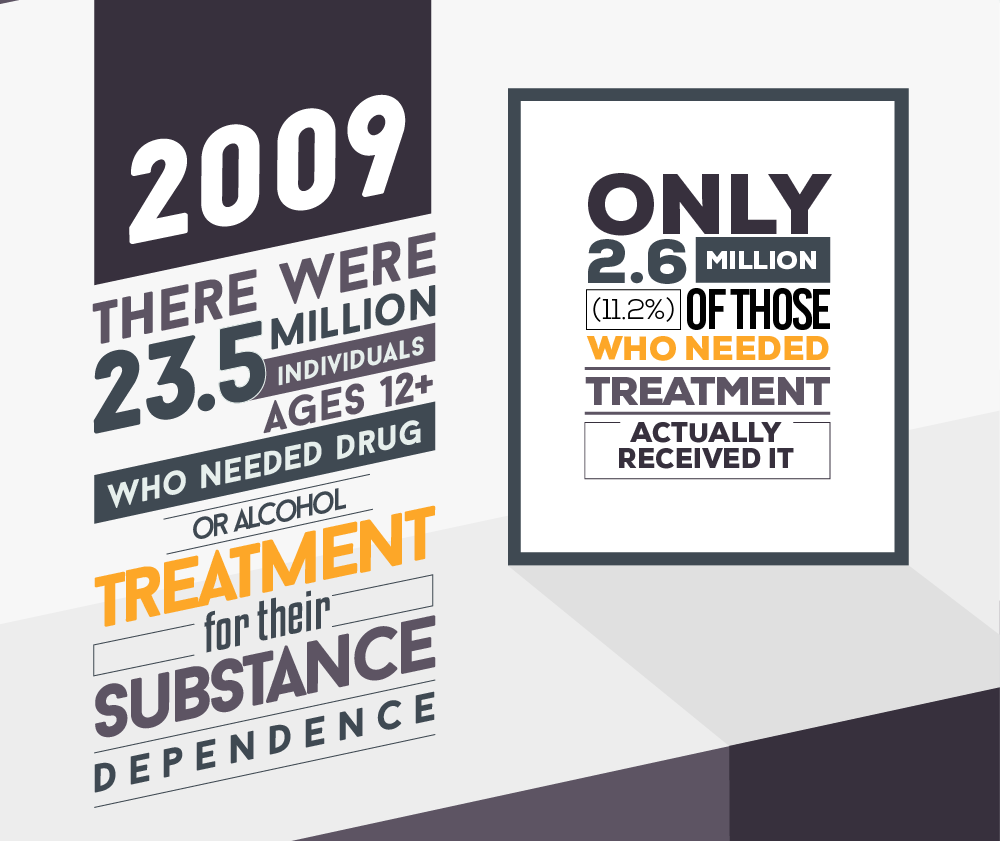
When considering the current rehabilitation success rates you must first decide what is considered "effective" treatment for drug dependence. What can be considered "successful" treatment? The goal of drug rehab is not only to get the individual sober but to help them learn how to function effectively in their everyday lives and within society.
It is difficult to accurately gather data on relapse rates because this would require researchers to follow individuals throughout their lives. Does the fact that an individual relapsed mean that treatment was ineffective or does it mean that they are a drug addict or alcoholic and that relapse is inevitable?
While relapse is not part of every single story, it is still incredibly common. With relapse rates showing that 2 to 3 in every 5 people who attend treatment relapsing, it is still a very common part of the addiction treatment industry. This does not mean, though, that the treatment center has failed. They provide every addict and alcoholic who comes through their doors with the resources to stay sober. They cannot follow the individual throughout their life, though, ensuring they do not relapse at every twist and turn of life.
Though relapse rates are currently 40 to 60% of individuals who attend treatment, this still means that 40 to 60% of individuals who attend treatment stay sober. These people cannot be discounted due to the relapse of some. Treatment works effectively in the lives of these individuals who carry what they learn in treatment on throughout the rest of their lives.
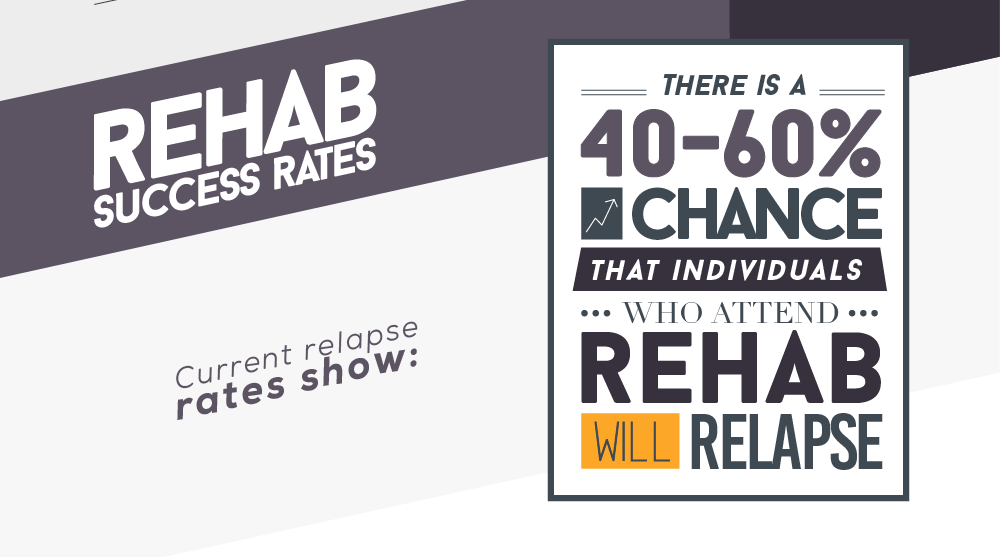
The people who stay sober take the tools and coping mechanisms learned in treatment into their everyday lives and apply them. They pause before making rash decisions and instead think rationally about the consequences. Those who stay sober maintain an active effort to do so and treatment proves to be effective for them. Relapse rates do not apply to these people, but there is no guarantee they will stay sober, either.
Prescription painkillers such as Vicodin and Norco have become a popular drug of choice for many. However, they are an expensive addiction to maintain and the recent legislation regarding the prescribing of prescription narcotics has made them more difficult to acquire. As a result, people are turning to heroin as an alternative.
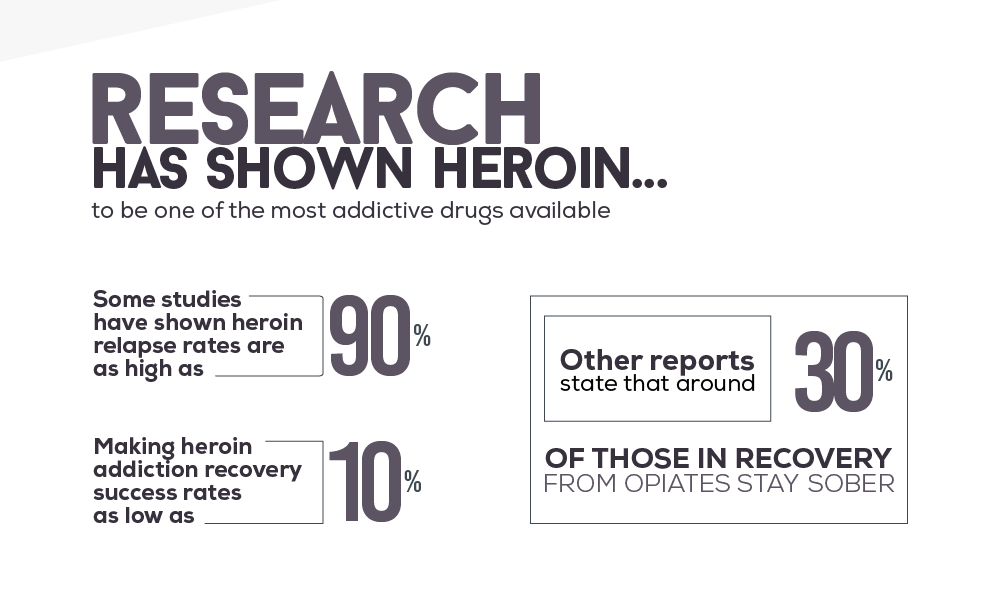
Heroin is relatively affordable, widely available, and extremely potent. It also acts on the opioid receptors, similar to prescription opioids, resulting in a similar but more intense high. Since prescription opioids are now harder to come by and expensive to stay on, heroin is returning as a prevalent drug in the United States.
Research has shown heroin to be one of the most addictive drugs available. Some studies have shown heroin relapse rates to be as high as 90%, making the heroin addiction recovery success rates as low as 10%. This is a mind-blowing statistic. Other reports state that around 30% of those in recovery from opiates stay sober.
Heroin addiction recovery success rates are so low due to how highly difficult it is to separate from. Heroin is highly addictive due to the relaxing and euphoric feelings it causes when you smoke or inject it intravenously. The separation and getting clean from heroin can be incredibly painful and difficult which causes many heroin users to continue using instead of getting clean.
With the use of methadone or suboxone maintenance, relapse rates are still around 50%. However, this raises the heroin addiction recovery success rates from 10% to around 50%. Though this seems like a promising trend, these drugs can be dangerous in their own right.
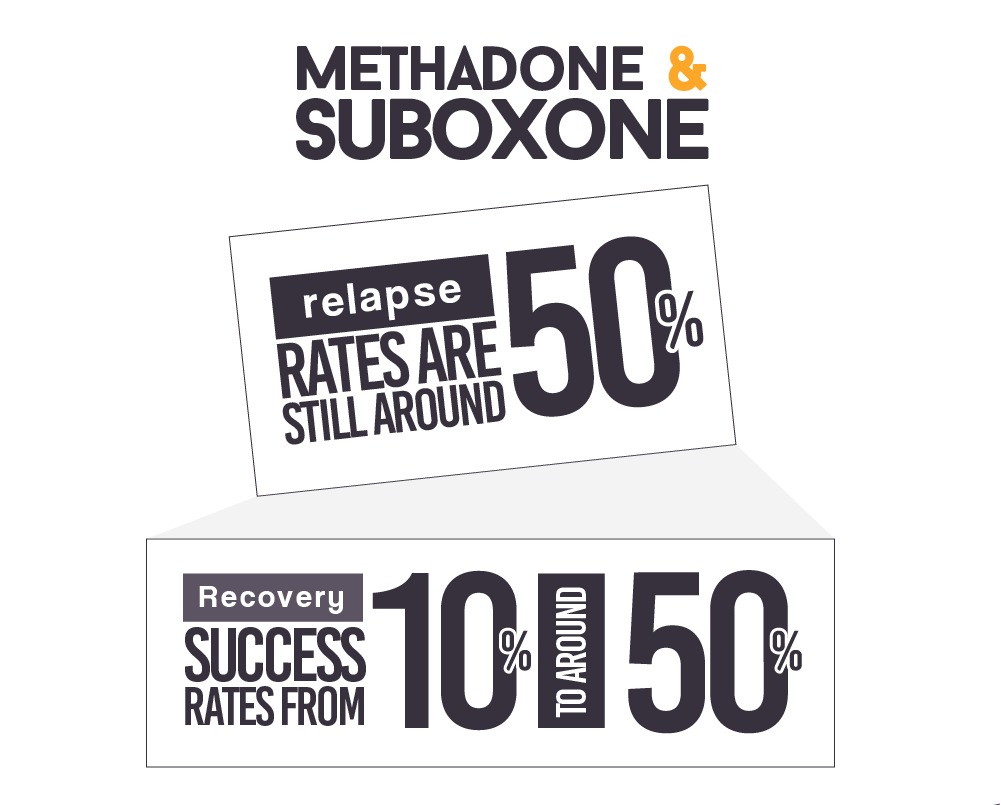
Methadone and suboxone are helpful alternatives to heroin but are highly addictive themselves. Sometimes opiate addicts will end up switching from heroin to methadone or suboxone as their drug of choice once they begin a maintenance plan. This is why it is important for addicts to adhere to their treatment plan and remain in contact with their doctor throughout their methadone or suboxone treatment.
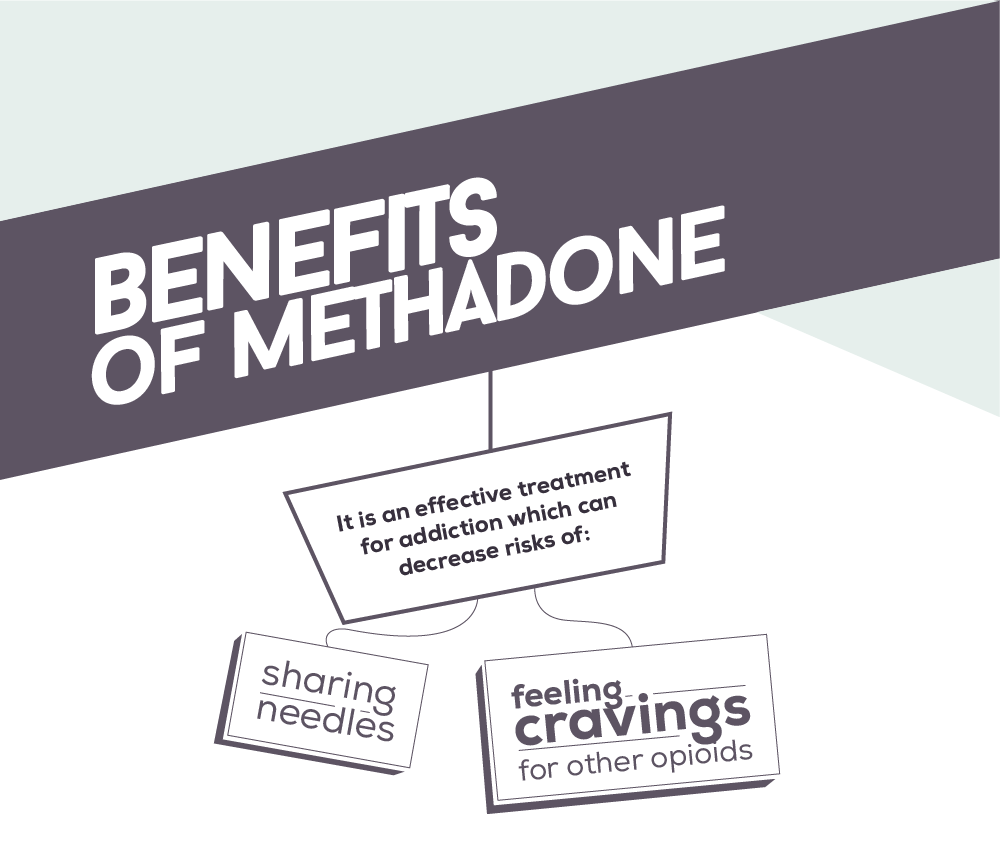
Heroin addiction recovery success statistics are frightening to look at, especially if you are the loved one of a heroin or opioid addict. Still, remember to focus on the population of those who do stay sober because they should not be discounted. There is a possibility that your loved one could stay sober so do not give up hope.
Prescription opioids like oxycodone (OxyContin, Percocet) and hydrocodone (Vicodin) are the leading addiction problem currently faced by Americans. According to the National Institute on Drug Abuse, more than 2 million Americans start using prescription opioids for non-medical purposes every year. If you do the math, this averages out to roughly 5,750 individuals who venture into drug abuse territory every single day.
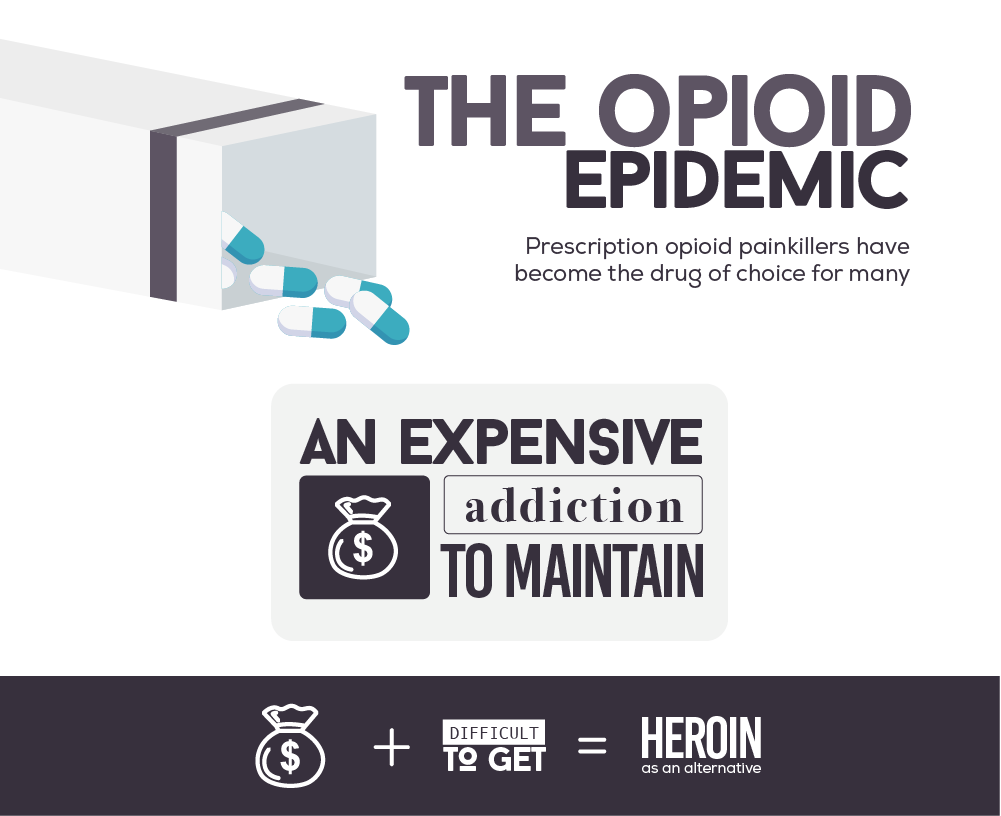
This is not to mention the number of people who are addicted to these pills. Not everyone who is addicted, after all, considers themselves to be an addict. We do know, however, that prescription drug overdoses account for nearly 22,000 overdoses every year. This makes them a much bigger than both cocaine and heroin combined.
When an addict stops using opioids for a while, their tolerance greatly decreases. Their body is no longer equipped to process the high doses that the user is accustomed to taking. When they relapse, then, their body can’t handle the high dosage and they end up overdosing.
It is important to note here that only 2% of individuals who show signs of prescription drug addiction actually end up making it to treatment. The other 98% either overdose before they are able to make it to rehab or attempt to recover without professional help.
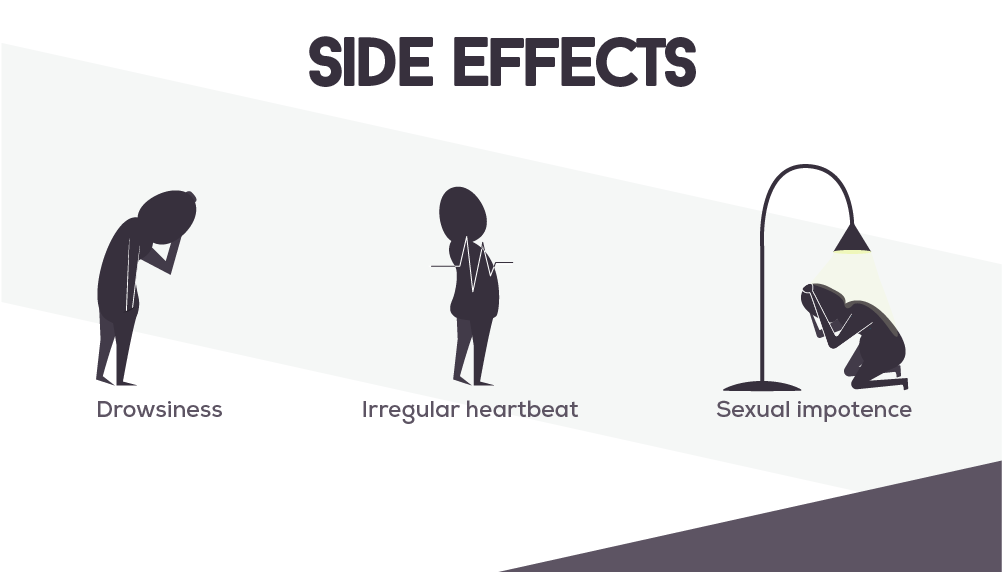
As was pointed out above, opioids like OxyContin, Percocet and Vicodin are often gateway drugs to heroin. By the time that many addicts acknowledge that they have a problem and check into rehab, therefore, their prescription pill habit has evolved into a full-blown drug addiction.
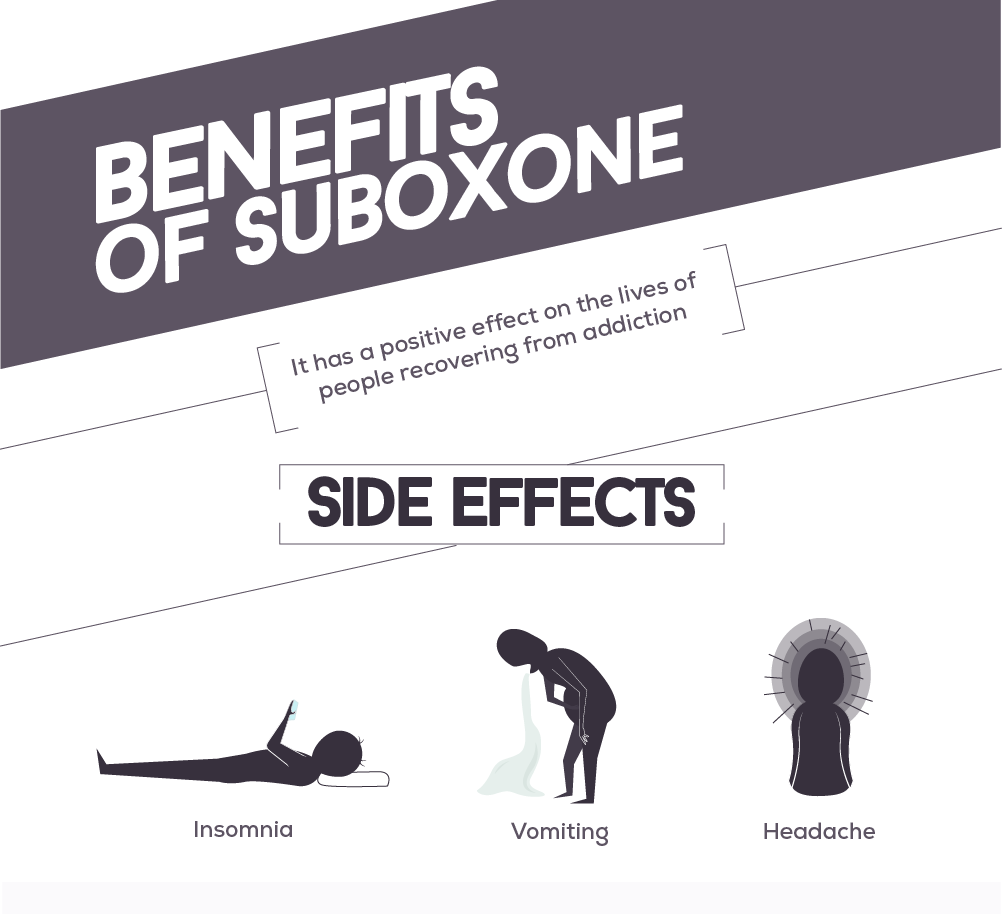
If you or a family member is currently abusing a pill prescription, it’s vital that you seek professional treatment. The rehabilitation success rates of prescription opioid addiction are much higher than those for heroin addiction. By getting treatment as soon as you realize you have a problem, you’ll be able to address the issue before it gets any worse.
Addiction and alcoholism, also much like diabetes or asthma, cannot be cured. They are chronic diseases and those who are addicts or alcoholics will always be addicts or alcoholics. If you are an addict or alcoholic, there is an altered functioning in your brain that causes you to react differently to alcohol or drugs when compared to someone who is not an addict or alcoholic.
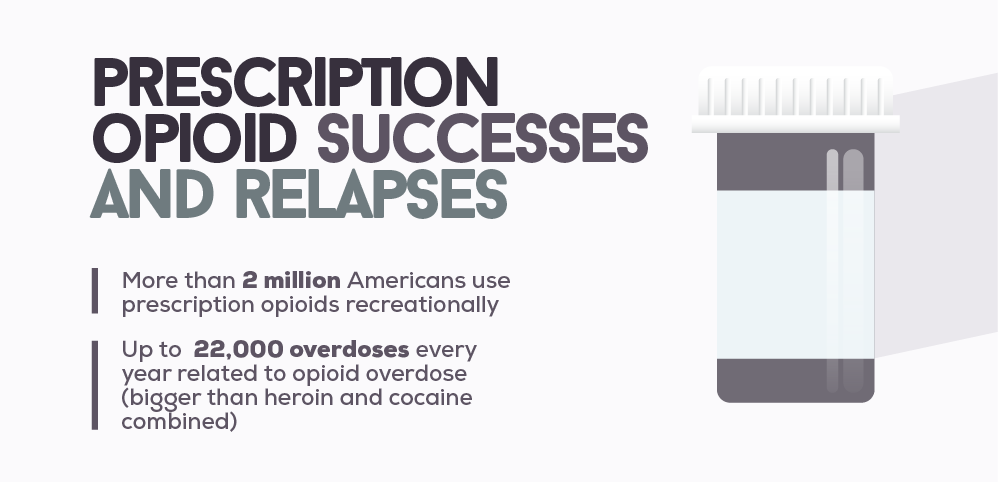
Though you ultimately do make the decision to pick up the drink, your brain is fighting you to do so. Still, the fact that you made the decision does not make you a bad person. It makes you an addict or an alcoholic.
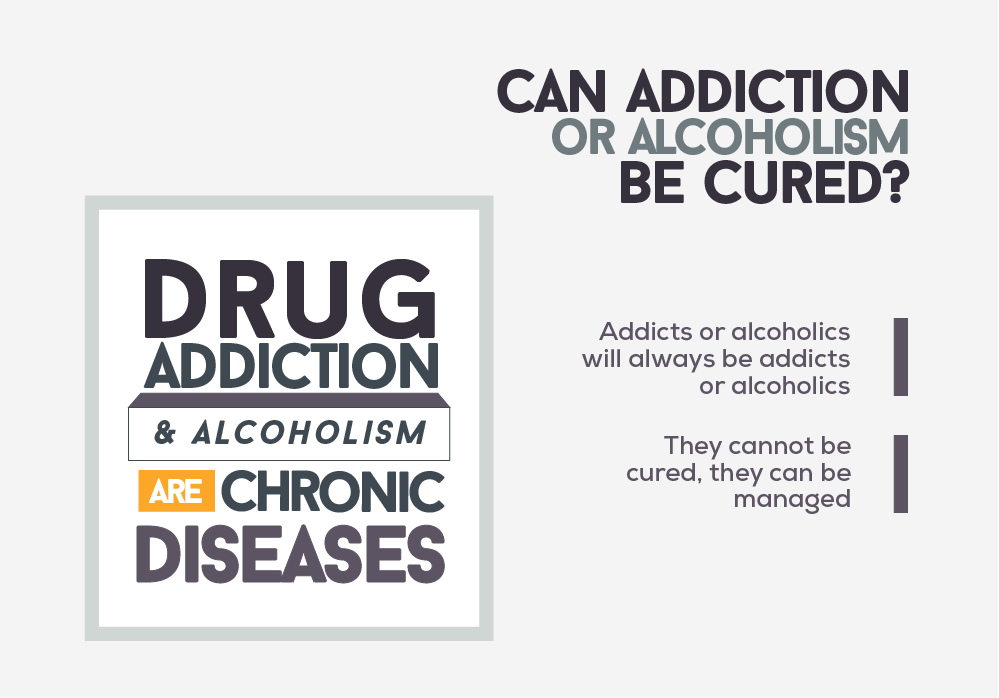
Although alcoholism and addiction cannot be cured, they can be managed. Through active effort on your part, you can fight against your alcoholism or addiction on a daily basis. Much like a diabetic takes insulin throughout the day or an asthmatic relies upon their inhaler, you need to have a way to fight against your addiction or alcoholism. Sitting back and doing nothing to combat your disease will inevitably lead to a relapse and the process of getting sober will start all over again.
According to a recent study published in the Open Journal of Psychiatry, 3 out of every 10 addicts who attended a rehab program stayed sober for at least one year afterward. Although this may seem like a low number, you must remember that roughly 2.5 million Americans attend rehabilitation programs each year. If you do the math, this means that inpatient and outpatient treatment programs enabled more than 750,000 Americans to get on the road to recovery.
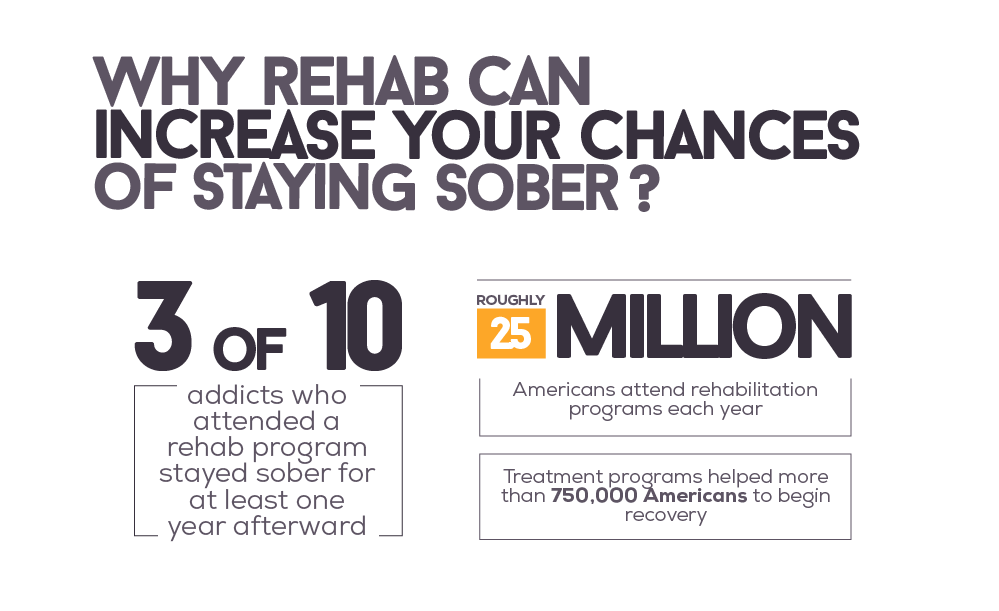
There are a number of benefits that rehab programs offer their patients. These include:
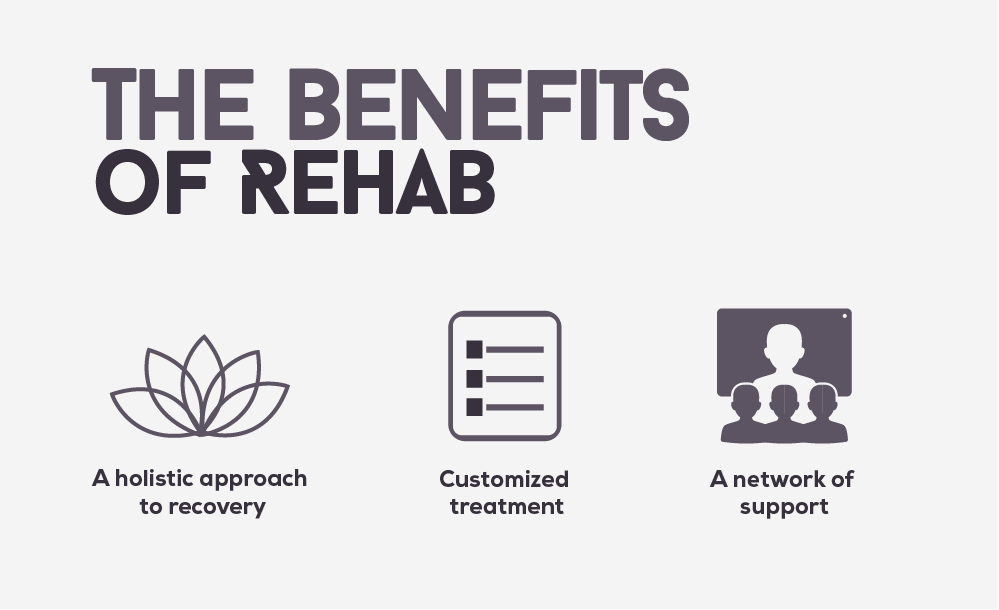
So, you’ve decided that rehab is the best way for you to get clean. Now what? Well, you’ve got to choose a rehab program. There are a number of different types of rehab programs out there for you to choose from:
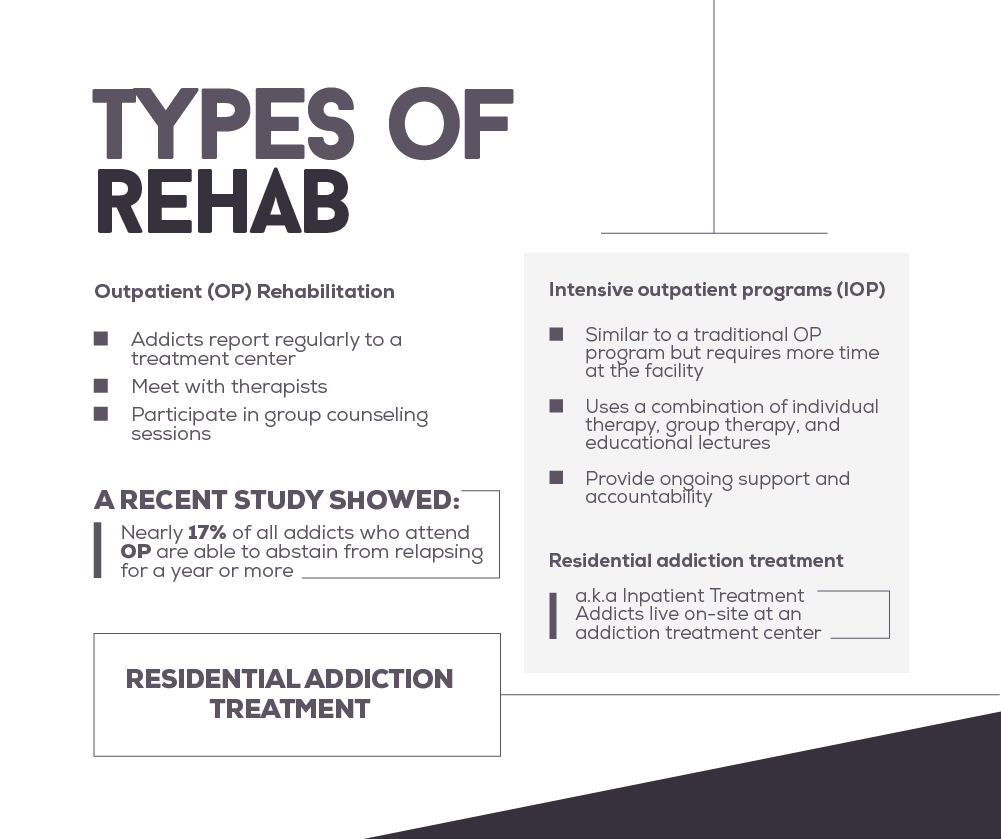
Looking for professional support and maybe some therapy to help you get through those tough early days of sobriety? Want to meet some other addicts who are going through the same struggle as you? Outpatient rehab might be the resource you need.
In an outpatient rehab program, addicts will report to a treatment center on a regular basis to meet with therapists and participate in group counseling sessions. It’s a great form of treatment for addicts who want to spend a little time every week discussing their recovery experience and learning how to stay sober in the long-term.
According to a recent study, outpatient rehab has a huge impact on success rates among recovering addicts. The study showed that nearly 17% of all addicts who attend outpatient rehab are able to abstain from relapsing for a year or more.
After attending treatment, you can ensure your treatment for drug dependence is effective by enrolling in an intensive outpatient program(IOP). IOP uses a combination of individual therapy, group therapy, and educational lectures to help you learn more about yourself and your addiction or alcoholism. IOP provides a community of addicts and alcoholics with the same life goals as you: to stay clean and sober on a daily basis. In this way, it is similar to a traditional outpatient program but requires the addict to spend more time at the facility.
Intensive outpatient programs can provide ongoing support and accountability. Some programs last a month while others last three months. During your time in IOP, you can learn how to manage your triggers and how to get through or entirely avoid situations that encourage your disease to wake up. You can work through difficult situations you experience in your everyday life that make you want to drink or use.
Some recovering addicts prefer to commit several weeks to focus all of their energy on recovery. Residential drug treatment, or inpatient treatment, is a great option for addicts who have the time to live on-site at an addiction treatment center during the earliest days of sobriety.
In an inpatient drug rehab program, patients remain on campus at the treatment center for as long as they choose. They eat, sleep and live among other recovering addicts and spend their days working through a scheduled regiment of therapy, group support meetings, and addiction counseling sessions. It has been shown that addicts who attend a residential inpatient treatment program at 11.7% more likely to stay sober than addicts who forego any type of professional treatment.
We’ll often get this question: If the success rates of drug rehab are so high then why to some recovering addicts choose to skip it?
There are a few reasons why some addicts forego professional treatment and try to recover from addiction on their own watch. Here are a few reasons we’ve heard:
Many addicts are turned off by the cost of rehabilitation. They take a look at the price tag and say, “Nope. I can’t afford that.”
In reality, however, there are a number of resources available for recovering addicts to help them cover the cost of treatment. Most health insurance providers, for example, will cover all of the costs associated with drug rehabilitation. Similarly, many treatment centers offer payment plans for people who don’t have health insurance. This enables addicts to get clean now and work toward paying the program back over time.
Most addicts have things they need to do in addition to getting clean. Whether it’s work, school or family responsibilities, there are things that get in the way of recovery. It’s important, however, that you take some time away to focus on addiction treatment if you want to increase the likelihood that you’ll stay sober.
Fortunately, outpatient rehab programs are a great option for people who need have responsibilities that need to be taken care of. Many programs will allow you to attend your program at a time of day that works best for you. Additionally, the federal government requires that all employers give their employees time off to address medical issues if necessary.
Truthfully, rehab programs don’t always have the best reputations. Because many addicts are forced to attend treatment by the court system, some programs are filled with addicts who aren’t really trying to get clean.
There are, however, plenty of rehab facilities that only accept patients who are fully committed to fighting their addiction. If you are trying to overcome your battle with drug abuse, we recommend attending one of these programs. There, you’ll meet a group of like-minded people who share your struggles and can offer support as you work through the early steps to sobriety.
One common misconception about rehab is that it’s like jail. This couldn’t be farther from the truth. You’re never forced to participate in rehab (unless it’s court-ordered, of course).
In some senses, however, rehab does provide a rigorous structure. When you’re on the facility campus, you’ll never have the option to pick up a drug or take a drink of alcohol. This absence of triggers is one reason why rehab success rates are so high. By eliminating the choice to relapse, addicts can spend time focusing on their recovery and prepare themselves for life outside of the facility.
In order to ensure your treatment for drug dependence is effective and avoid adding yourself as a statistic in current relapse rates, you must make an active effort on a daily basis in order to stay sober.
Maybe you attended detox to help you get sober and manage the withdrawal symptoms when getting sober. Remember how terrible it was to live with those symptoms and suffer through the detox period. Never forget that.
By remembering the difficult time you had in detox, this may help keep you from relapsing in the future. In order to avoid the pain and struggle that is drug detox and ensure your treatment for drug dependence is effective, remember how difficult the detox period was. Some alcoholics and addicts stay sober simply so they never have to detox again.
Maybe you went through inpatient rehab and learned about the wide variety of coping mechanisms to avoid relapse. You learned about the effects of drugs and alcohol on the body. You realized the impact your drinking or using had on your family and friends. You know you never want to put them through anything like that situation again. Avoiding relapse to keep from hurting the ones you love can be a driving force to stay sober.
Drug and alcohol counseling is another long-term option to keep you accountable. You can either meet with a certified drug and alcohol counselor or a therapist who specializes in addiction for an hour or two per week. Drug and alcohol counseling takes place on an individual basis and is more focused on you and your personal life experiences. Some drug and alcohol counselors like to work through your childhood while others prefer to focus on present experiences.
Going to drug and alcohol counseling for an extended period of time can provide the accountability to help keep you sober. When you know you have a session coming up in a few days you may be more likely to avoid relapse and not add to relapse rates. With your counselor or therapist, you will learn to manage your everyday life as a clean and sober individual.
If you either don't have the money or simply prefer a cost-free alternative, you can attend a 12-step program. These programs are conducted through regular meetings that held in nearly every city in America. Most meetings are open to the public. Some members pop into a meeting whenever they’re feeling triggered, but most members attend meetings for years after they’ve gotten sober.
There are a variety of 12-step programs for different substances, such as:
Each of the Anonymous programs is built around the 12-steps. The 12 Steps are a path to a spiritual experience and a connection with a higher power. In 12 step programs, you not only work on yourself but you get to work with other alcoholics and addicts to share what was freely given to you.
Statistics on the success rates of 12-step programs are somewhat hard to find due to the fact that these organizations are entirely anonymous. AA, NA, Al-Anon, and others take great pride in protecting the identities of their members so that their members can work toward recovery in private.
There have, however, been a few key studies done into the post-rehab success rates of alcoholics who start going to AA after a few weeks of formal treatment. One study shows that the number of alcoholics who are able to abstain from drinking for at least one year after rehab was more than double among those who attended AA. Whereas roughly 20% of all alcoholics who attended AA in this study were able to avoid relapsing, nearly 50% of participants abstained from drinking when they were going to meetings.
Sober living homes are houses or apartment buildings, usually privately owned, which provide living space for newly sober people. In most cases, the home is operated by a sober person who wants to create a place where newly-recovered addicts can live together as they all work to stay sober. Residents are required to pay rent and share household duties but also usually attend meetings with one another and spend time sharing their experiences.
The post-rehab success rates of people who live in sober homes prove that it’s a smart choice to make if you’re afraid of relapsing. 68% of everyone who lives in a sober home are able to abstain from using drugs or alcohol for at least 12 months after they move in. Even better, 42% of everyone who lives in a sober home for at least 18 months remains sober after rehab. This is likely due to the fact that these houses provide the continued support that addicts need as they reintegrate into society as a drug-free person.

Most often, both inpatient and outpatient program residents attend rehab treatment for roughly a few weeks. However, a number of recent studies suggest that rehab success rates are higher among those who stay in treatment for longer than 30-days.
The study, conducted by Dr. Akikur Mohammad and a team of colleagues at the University of Southern California, involved 72 addicts with an average age of 30 years. Roughly 55% of participants who attended rehab for a 30-day period were able to abstain from relapsing for a year or longer. However, nearly 84% of patients who attended a program for longer than 30 days were able to stay sober for more than a year.
In addition to the length of treatment, there are a number of other factors that seem to impact how well rehab works for them. Some factors that can have an effect on the success of rehabilitation include:

Regardless of the form your treatment takes, it is crucial that you find a way to continue to treat your disease. Do not sit back idly and expect cravings to go away or think that you will one day be cured. Maintain an active effort to stay sober on a daily basis in order to give yourself the best chance at recovery possible.
If you need help, Northpoint Seattle is always here for you. We can provide the support you need to get back on the right path. If you’d like to speak with someone about potential treatment options, don’t hesitate to give us a call today.

Our admissions coordinators are here to help you get started with treatment the right way. They'll verify your health insurance, help set up travel arrangements, and make sure your transition into treatment is smooth and hassle-free.
[DirectNumber] Contact Us